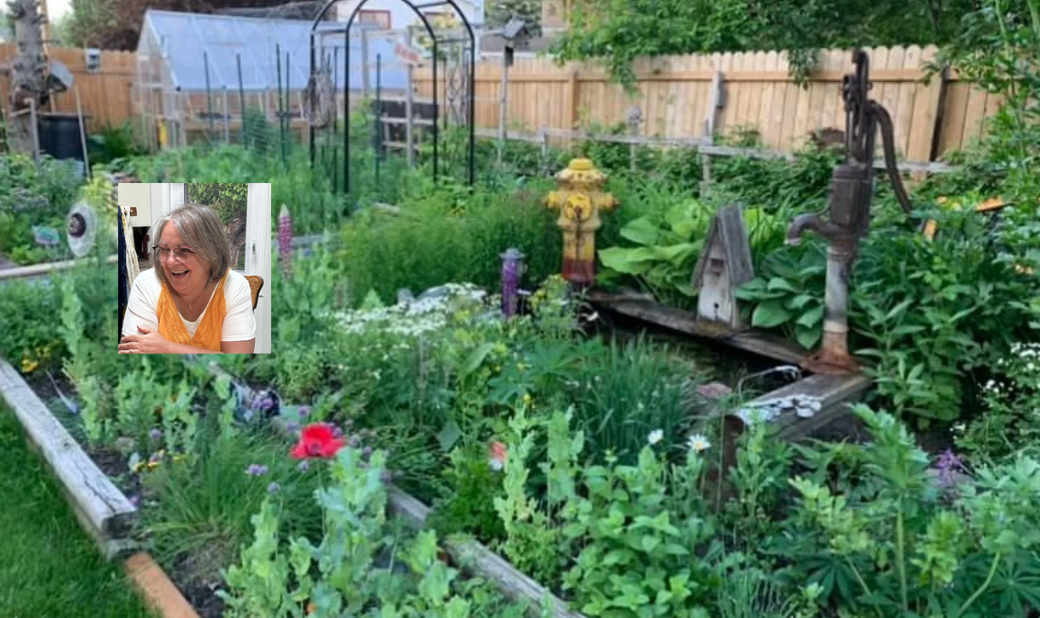I love finding value in things that I used to consider ‘garbage’.

Eggshells are a natural source of calcium (and other elements) which has a positive effect on bone development. Made up of 95% calcium carbonate, a single egg shell averages a whopping 2 grams of calcium which is over double the recommended daily allowance! For this reason, many people use it as a dietary supplement. Studies show that eggshell powder reduces pain, increases mobility and bone density (or arrests its loss), in older women with osteoporosis.
for you:
Before you use eggshells for consumption, it is important that you follow a few simple steps to ensure they’re safe from any bacteria that might cause salmonella.
1) boil them for five minutes.
2) bake in a 200F oven for at least 10 minutes to completely dry.
That oughta take care of that.

Then crush with a mortar and pestle. To get a finer powder that you can add to food as a supplement, put the crushed shells in your blender for a few seconds. *Caution: use a glass blender container or consider dedicating one to this purpose, as the egg shells will effectively “sandblast” the inside of your plastic blender jug. Ask me how I know that – not even funny. Store in an airtight container.
Try adding a few tablespoons of eggshell powder to your favourite pizza dough recipe; you won’t even be able to tell its there. Or add a tablespoon to your smoothie. Some even just mix a spoonful into their orange juice for a quick shot.
It is a good dietary supplement for your pets too. Just sayin’ . . .
but for your garden?
Don’t ever throw your eggshells out! At the very least you should be adding them to your compost. Occasionally you may see a few eggshells that are still semi intack in your compost the following spring, in which case, just crush them with your hand and either throw them back into the compost, or into your garden. They will disintegrate soon enough.

Eggshells are a good dietary supplement for your garden soil – because of the calcium. Especially for tomatoes which are known heavy feeders. Blossom end rot in tomatoes is a sign of a calcium deficiency. To avoid it, ensure your tomatoes have sufficient calcium in your soil. It is a good idea to work crushed eggshells into the planting area for continual replenishment, but just as important, ensure your tomatoes get consistent watering. The key word here is ‘consistency’, as opposed to frequent droughts followed by too much water. Inconsistent watering disables the plant’s ability to absorb calcium that is already in the soil.
Egg shells are a long term investment in your soil, as they can take up to a year to decompose in your compost pile – but SO worth it. Crumbling them speeds the process. Make it a habit to continually add crumbled egg shell meal to your soil throughout the season. This is a good argument for keeping your tomato patch in one spot year after year. I rotate most other things in my vegetable garden, but tomatoes, I leave them in their very own patch, which I keep well nourished.
I save and crumble all my egg shells throughout the year. Ask your non-gardening friends to save their shells to donate to your cause as well. Many gardeners even make “calcium water” by steeping dried eggshells in water for two or three days, then using the strained water for your plants, including houseplants.
Some say that eggshells repel certain bugs, but I have never found that to be the case for me. Because of their texture however, they are unpleasant for slimies and other smooth bodied critters like slugs and cutworms, so slide across. A good reason to use them around your newly planted seedlings that are so susceptible to stupid cutworms, or among your lettuce when we’re having a lot of rain, and slugs are a problem.
Keep them on hand to add to the bottom of plants when repotting, or to add to the surface of your indoor plants. Definitely sprinkle them liberally to the planting area in your vegetable, herb and flower gardens, paying particular attention of course to tomatoes and peppers.
If you have chickens, they need calcium too. Add crushed egg shells to their grit. The additional calcium will help them lay eggs with hard shells.
If you feed wild birds, mix some crumbled egg shells into birdseed or suet. This helps to strengthen the shells of soon-to-be mamma birds.
I’d love to hear your ideas and suggestions regarding eggshells.
Warmly,
Cindy Suelzle
